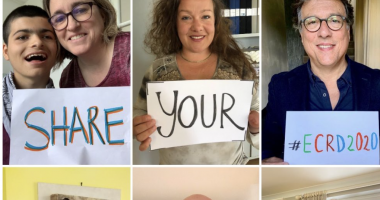Swedish Innovation Agency Grant Will Let NeuroVive Step Up Work on Mitochondial Disease Therapy

NeuroVive Pharmaceutical has received a Swedish innovation agency grant worth $118,000 that it will use to accelerate work on a treatment it is developing for genetic mitochondrial disease.
The agency, Vinnova, made the 1-million-kroner grant under the government’s Swelife call program, which supports collaborations between the medical system, universities and industry that could benefit public health. The word “call” in the term Swelife call refers to requests for research proposals.
NeuroVive will use the award for its NVP015 project, whose objective is to develop a treatment for patients with complex I dysfunction mitochondrial disease. The company hopes the project yields a therapy before the end of 2017.
Complex I dysfunction is a common underlying cause of mitochondrial disease, which disrupts the body’s ability to convert food to energy. A complex I dysfunction occurs when the first of the five protein complexes in the mitochondria’s energy production process fails to function properly. Mitochondria are cell components that create the energy to run cells.
Eskil Elmér, NeuroVive’s chief scientific officer, and his colleagues came up with the concept that underlies the NVP015 project.
Mitochondria disease occurs when mitochondria are unable to generate enough energy because they’re dysfunctional. The aim of the NVP015 project is to create a drug that can bypass the dysfunction so mitochondria create energy the way they’re supposed to.
NeuroVive wrote about the NVP015 approach in a piece published in Nature Communications in August 2016. It was titled “Cell-permeable succinate prodrugs bypass mitochondrial complex I deficiency.”
“The NVP015 project has the potential to significantly improve the lives of patients, usually children, suffering from this type of mitochondrial disease,” Elmér said in a press release. “The grant is central for efficiently proceeding” with the project.
NeuroVive will collaborate in the next stages of the development effort with mitochondrial medicine researchers at Lund University in Sweden and Children’s Hospital of Philadelphia. Dr. Marni Falk will be heading the Children’s Hospital effort.
Companies and organizations that obtain Swelife call grants can apply for follow-up grants later.






